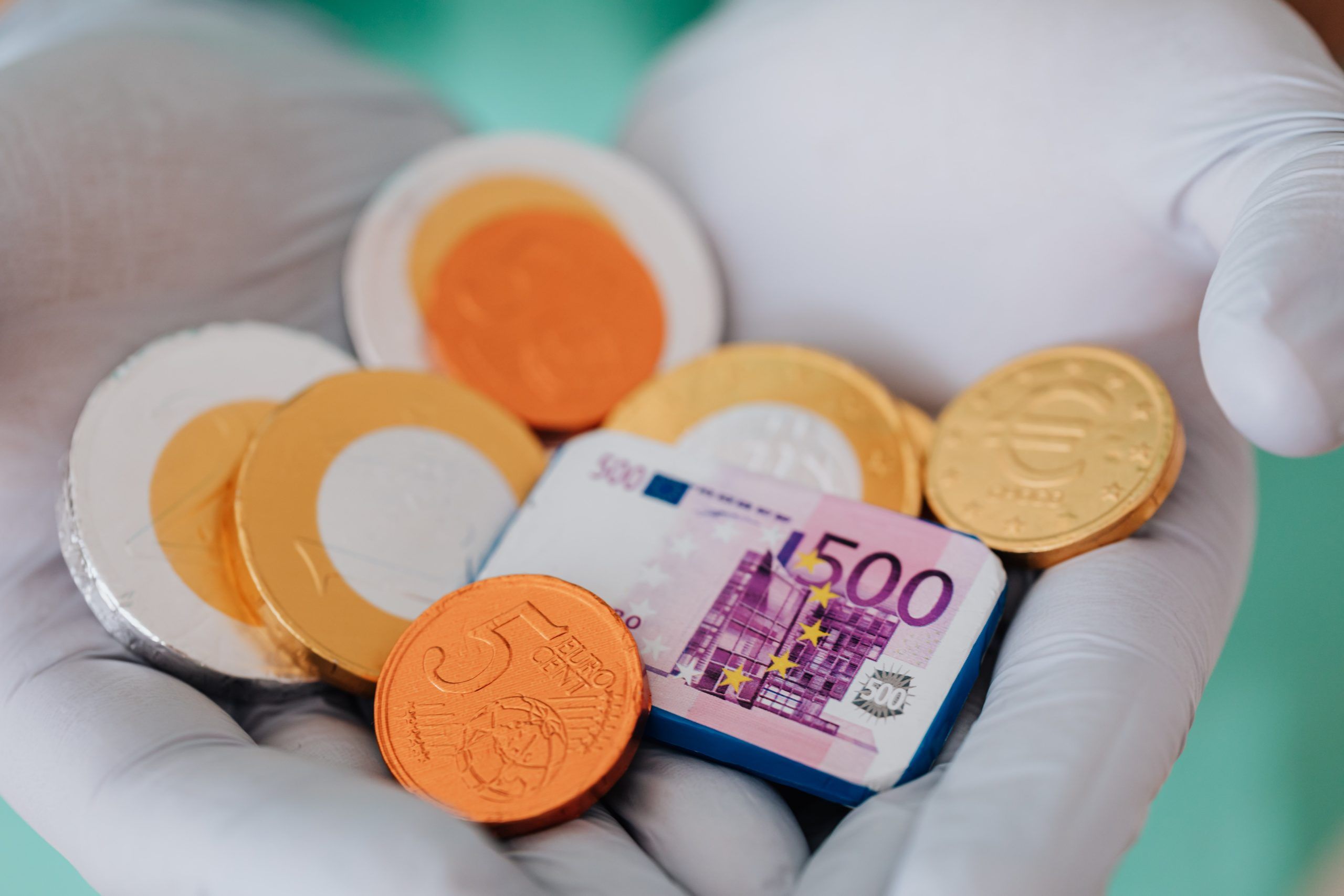On March 16, the European Commission published two communiqués celebrating the 30th anniversary of the single market and outlining how to ensure the EU’s long-term competitiveness. The internal market is undoubtedly the social and economic engine of the EU.
For the single market to remain a key factor in the EU’s competitiveness, further integration and reduction of barriers, especially in services, will be necessary. In the current geopolitical context, the EU is at a critical juncture to successfully implement its twin green and digital transformations and remain attractive for business.
The long-term vision for competitiveness describes how the EU can build on its strengths and achieve more than just addressing growth and innovation gaps. A forward-looking, well-defined and coherent EU system will foster thriving businesses that can compete in global markets, create attractive jobs and set global standards.
Ursula von der Leyen, President of the European Commission, said: “With a war on our doorstep, with volatile energy prices, and massive clean-tech investments worldwide, Europe has to up its game. The Single Market has been our key asset to bring prosperity to our citizens and businesses but also to help us cope with crises such as the pandemic, Climate Change or the economic fallout of Russia’s war against Ukraine. We can be proud of it and we must do our utmost to preserve and reinforce its strength. We must also make sure that regulatory and administrative frameworks are responsive to business needs. In future we will be guided by a series of key performance indicators, which can tell us whether Europe’s economy is really becoming more productive and competitive. Because what gets measured gets done.”

Council sets priorities for the EU budget for 2024 |
SINGLE MARKET AT 30
Our Single Market is much more than a legal framework or just a market: it is an area of freedom, progress, opportunity, growth, shared prosperity, resilience, and a means of geopolitical projection. With 440 million citizens, 23 million businesses, 15% of global GDP, it is the world’s largest integrated single market area while remaining one of the most outward-oriented.
The Single Market is the EU’s key asset and driver of its competitiveness. For over 30 years, it has helped to improve the life of citizens, made business easier and brought substantial economic benefits by increasing European GDP by 9%. It is also the vehicle for accompanying and ensuring Europe’s green and digital transition. It is the source of the EU’s regulatory, financial and supply chain integration which helps build economies of scale and facilitates businesses to grow. The Single Market is an important factor of Europe’s economic resilience during crises and provides a crucial geopolitical lever that boosts the EU’s standing and influence in the world.
However, the Single Market must continue to adapt to new realities and take account of the changing geopolitical environment, technological developments, the green and digital transitions and the need to boost the EU’s long-term competitiveness and productivity.
A collective effort, based on joint ownership of the Single Market at EU and national level, is required to continue maintaining and deepening it, and harnessing its full potential.
Looking ahead, first and foremost, a renewed focus is needed on:
- Enforcing existing Single Market rules, supported by benchmarks to address the deficits related to transposition and implementation of EU rules;
- Removing Member State-level barriers, in particular barriers to the cross-border provision of services, and in the industrial ecosystems with the greatest economic integration potential (retail, construction, tourism, business services and renewable energy sector).
To this end, the Commission will continue essential cooperation with Member States as part of the Single Market Enforcement Task Force (SMET) and other fora for structured engagement with business stakeholders. The Commission also proposes to set a benchmark on solving a minimum of 90% of cases within 12 months brought to the national SOLVIT centres. The Commission furthermore aims to simplify obligations for Member States to notify national rules and set up national Single Market Offices among different measures foreseen to reduce and prevent barriers in the Single Market.
Furthermore, we must continue to foster the green and digital dimensions of the Single Market as a source of innovation, growth and competitiveness. For instance, the Single Market approach will ensure that the EU maintains its leadership on clean technologies and a competitive edge on decarbonisation. To that end, the Commission is putting in place common EU rules to help businesses embrace the circular economy (e.g. Ecodesign rules for Sustainable Products, Product Passport Initiative), better integrate renewables into the energy system (e.g. New Rules on Electricity Design) and make the most of digitalisation opportunities (e.g. build on Digital Services and Digital Market Acts and create new Data Spaces for health and public procurement).
The Commission will continue to monitor the progress of the Single Market with tools like the Single Market and Competitiveness Scoreboard and Annual Single Market Report. A continued discussion and reflection with and amongst Member States and relevant stakeholders will guarantee that the Single Market keeps delivering and improving life for its citizens.
BOOSTING LONG-TERM COMPETITIVENESS
The European model of economic growth, based on sustainable competitiveness, economic security, open strategic autonomy and fair competition, has been a source of prosperity for the last decades. Strong common EU-level action has boosted economic activity and productivity in the past and can spur competitiveness and prosperity again in the longer-term.
To foster competitiveness, the Commission proposes to work along nine mutually reinforcing drivers to ensure:
- A functioning Single Market by broadening and deepening it and fostering integration of services;
- Access to private capital and investment by deepening the Capital Markets Union and completing the Banking Union, as well as the development of EU tax and financial services regulatory frameworks supportive of businesses;
- Public investment and infrastructure by reforming the European economic governance framework;
- Research and innovation through tax incentives, public-private partnerships and large-scale projects to de-risk investments in innovation, especially in the key areas of clean technology, digital and biotechnology;
- Energy through fast roll-out of renewables, the digitalisation of energy systems and energy storage facilities;
- Circularity by fostering the transition towards a more circular economy in the EU;
- Digitalisation through broad-based take-up of digital tools across the economy and more support for leadership in key digital technologies such as Artificial Intelligence, Quantum Computing, microelectronics, web 4.0, virtual reality and digital twins, and cybersecurity;
- Education and skills by developing and recognising skills as the key to attractive, quality jobs, increasing the participation of women, the young and third country nationals in the labour market, and promoting vocational education and training;
- Trade and open strategic autonomy by continuing to open markets for EU companies through deepening ties with allies and trading partners, preserving fair trade principles and addressing risks in a targeted way.
A set of Key Performance Indicators will track progress towards the targets and ensure the necessary political focus and responsiveness.
A growth enhancing regulatory framework
Accompanying these nine drivers, as a second leg of action, the Commission will work actively towards a regulatory framework more suited for competitiveness and growth. Complementing the ‘one-in, one-out’ approach and the competitiveness check, this will include a methodology for assessing cumulative impact of policies and a more innovation-friendly approach to regulation. In particular, there will be a new push for the rationalisation of reporting requirements across the EU’s green, digital and economic legislation, with first proposals by the autumn with the aim of a 25% reduction in burden. The Commission will also continue to regularly assess the EU legislation to ensure it remains future-proof and fit for purpose, and to assist Member States in the timely and proper transposition of EU law.
Background
In December 2022, the European Council invited the Commission to make proposals, in early 2023, to ensure EU’s resilience and competitiveness by mobilising all relevant national and EU tools and improving framework conditions for investment.
The European Green Deal Industrial Plan, presented by the Commission on 1 February, was the first response to that call. The proposals released today focus on providing a more supportive environment for the scaling up of the EU’s manufacturing capacity of net-zero technologies and products and critical raw materials, which will be key to enhance Europe’s competitiveness in the transition to a net-zero economy.
This communication complements the Green Deal Industrial Plan with a long-term and comprehensive approach to the competitiveness of the EU, in a key moment when a joint push from businesses and policy makers is needed to put Europe on the right path to the next decade and beyond.







Leave a Reply